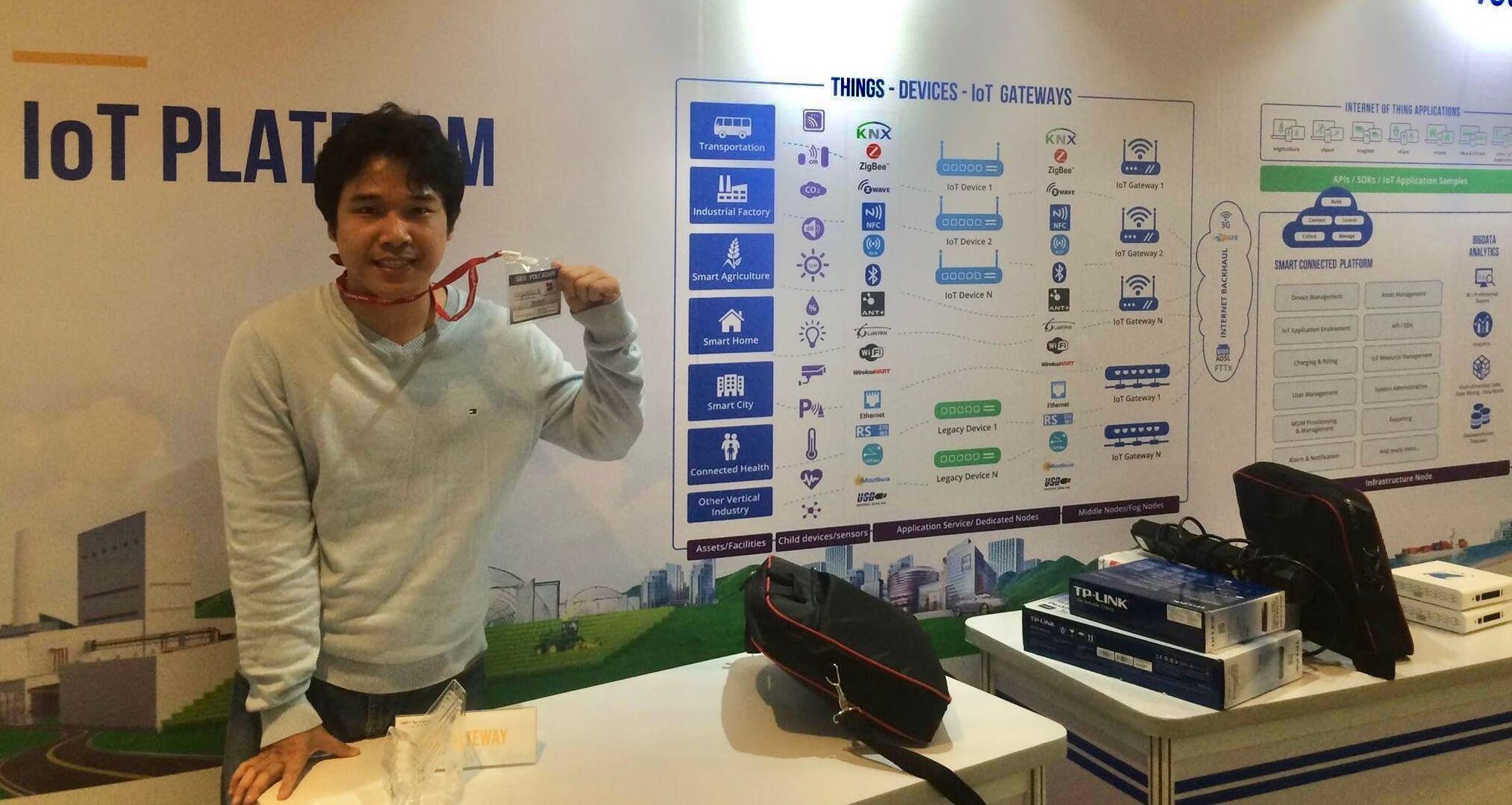Chien Mai
“I chose programming because I didn’t want my life to be programmed.”
People always think that programming is a piece of cake. Eight hours in the office and making big bucks. But that doesn’t apply to my case. It took me nearly six months to postpone my schoolwork and throw myself into companies for internship and better my grasp for programming. It was a big call to abandon things and start from all over again because my former major was posts & telecommunications. It’s like running to a big wall during your marathon. Either I pass it and unlock a new path, or I accept being left out.
I was lucky at the next starting point. One of my first projects was IoT Platform, where I got to work on many roles at once. Design, coding and other small parts. After that, VNPT started to expand on mobile, and I was assigned to take care of that also - particularly in React Native. It’s a challenge; I have to admit. But it also a change to define my position at the company. At first, it may seem like an obstacle, but then it’ll become a milestone on my way to self-growth. I was so enthusiastic to handle such a big part of technology that I didn’t notice it nearly eating me up. But though times, I also learn how to keep things organized, spend more effort for self-care and adapt the ‘work-life balance’ code. I used to manage a 30-ish team, and I was a hot-tempered cranky leader. I was struggling at first to find out the inner strength and core value of each member. So how to fix it? Create mini-projects, show them what self-discipline is, and let them surprise you. Gradually I understand how to keep things sane between the quality - the work progress and the connection amongst the teammate. It then came to my mind that a leader is someone who knows when to motivate and listen, someone who learns to explain and forgive.
In the first two months working with the client, the system was still having problems from its legacy code. It kept shutting down and we had no choice but to spend more time to fix the bugs. Many developers would have asked for an allowance or OT bonus, but I somehow didn’t. I felt that it was my responsibility to make the thing work again. To build a solid trust with clients, first, you must let them know all of your capability. We have skills to offer and the will to back them up. To proactively react and treat the product as a real product owner also proves that we have the same vision with them. I figure it’s likely to create better output and raise more useful ideas once you feel a connection between you and the product you’re working on. “
